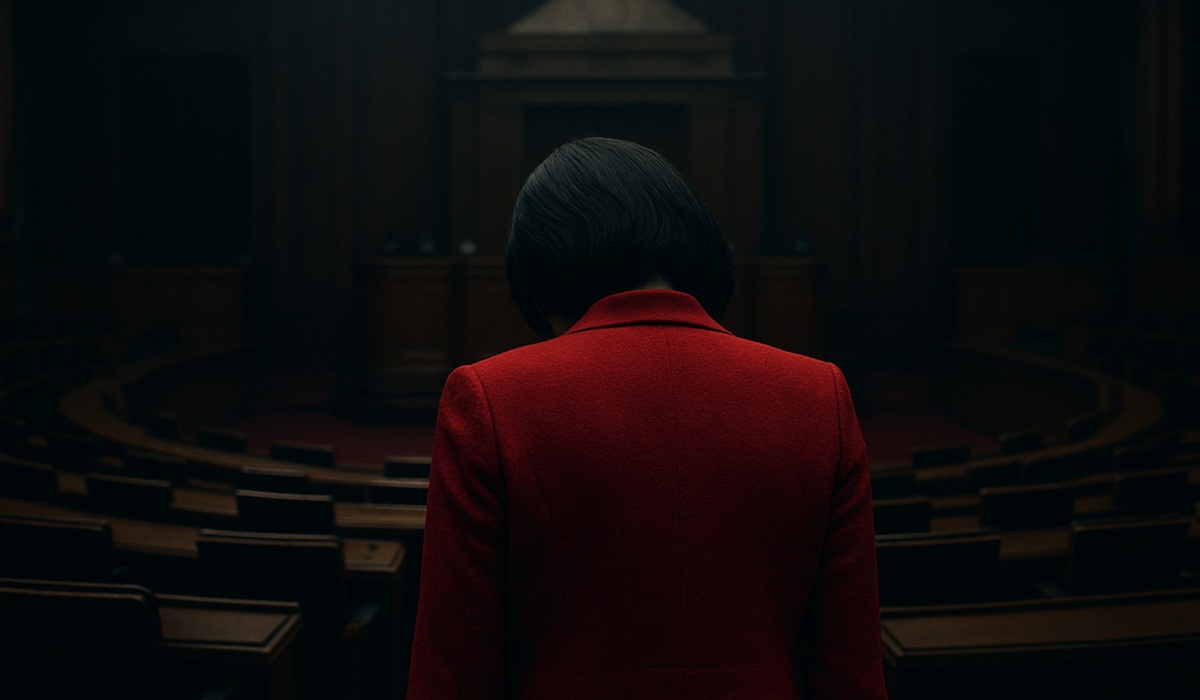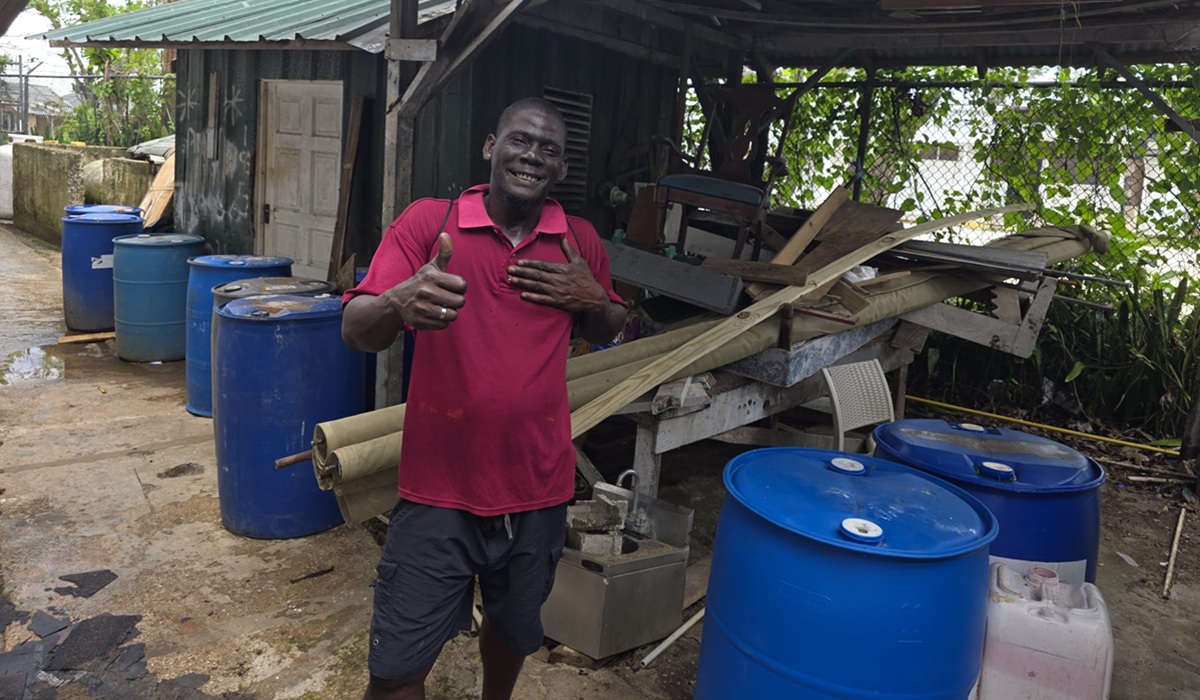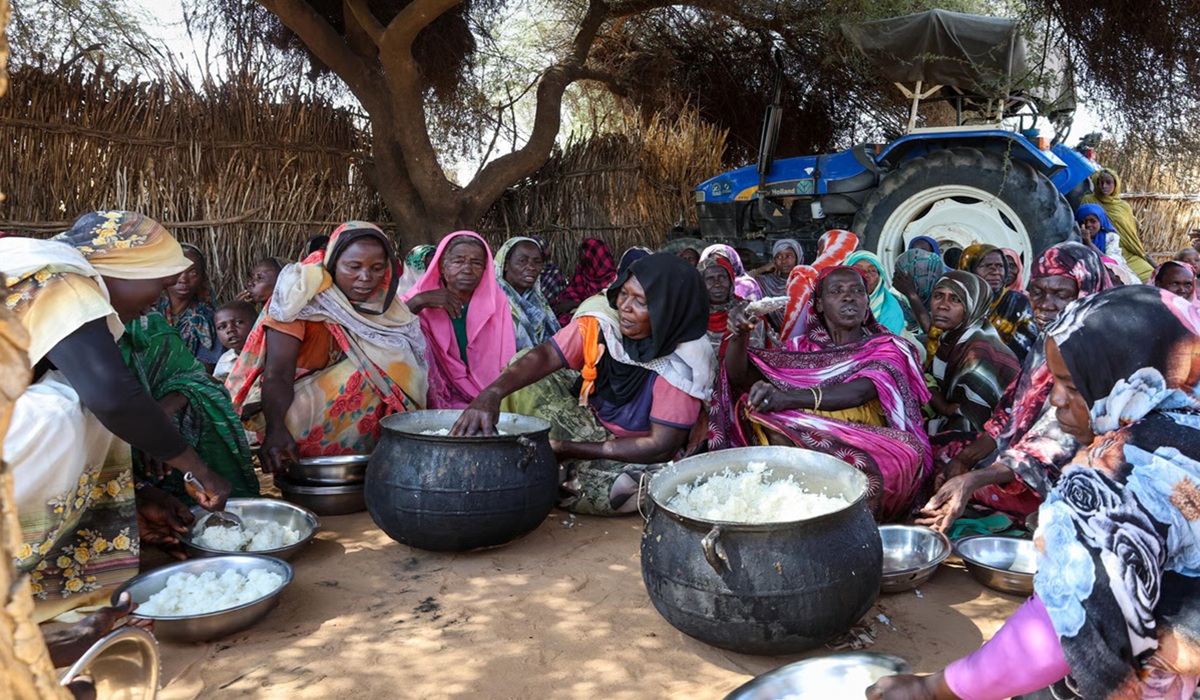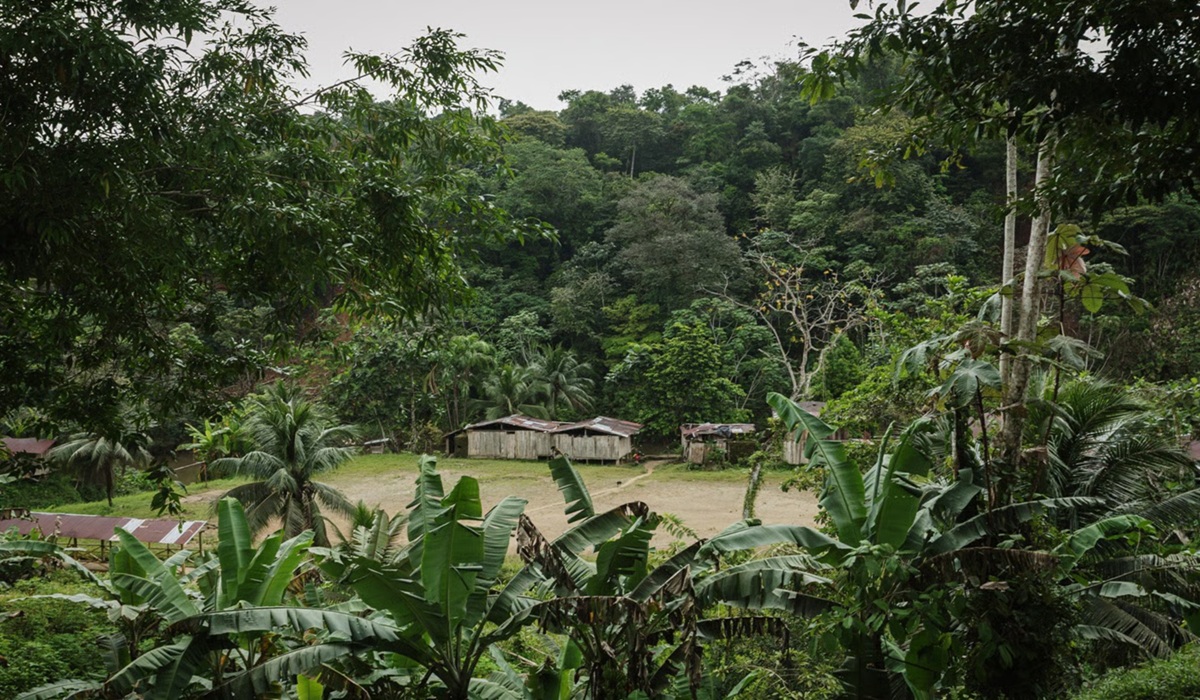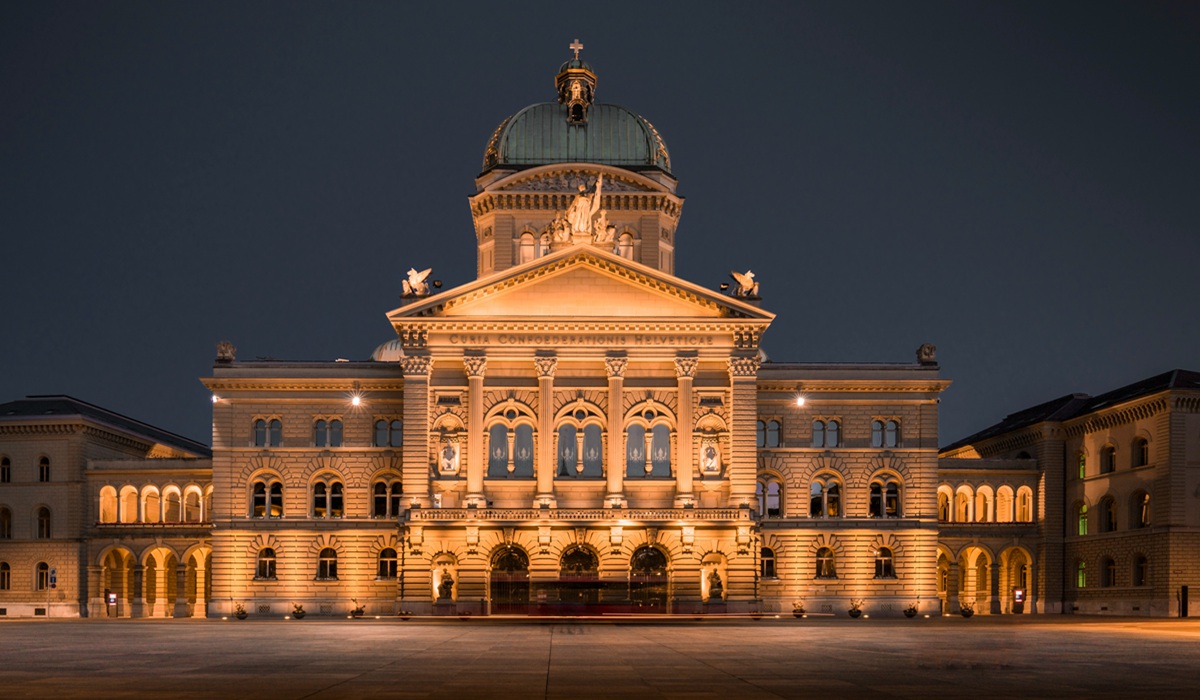Haiti: A Nation Plundered, Betrayed, and Still Waiting for Justice
- TDS News
- Africa
- Op-Ed
- Trending News
- August 2, 2025

By Donovan R. Martin Sr., Editor in Chief
There is no mystery as to why Haiti, the world’s first Black republic, remains one of the poorest countries on Earth. The devastation Haiti faces today—crumbling infrastructure, extreme poverty, corruption, gang violence, and recurring humanitarian crises—is not simply the result of bad governance or natural disasters. It is the byproduct of centuries of deliberate economic sabotage, military invasions, foreign exploitation, and colonial revenge. Haiti has never truly been allowed to breathe, much less thrive, because the world—particularly France and the United States—never forgave it for daring to be free.
In 1804, Haiti shattered the shackles of slavery and defeated Napoleon’s mighty army. It was the only successful slave revolt in history and gave birth to a Black republic that should have been a beacon for liberation movements around the world. But instead of being celebrated, Haiti was punished. France, humiliated by the loss of its most profitable colony, demanded reparations—yes, reparations—from Haiti. In 1825, under threat of war and a naval blockade, Haiti was forced to pay France 150 million francs (roughly $21 billion today) as compensation for the loss of enslaved Africans and “property.” That single act of extortion crippled Haiti’s economy for generations. To pay this “debt,” Haiti took out loans from French banks—repaying its former colonizer to enrich French financiers. The final payment wasn’t made until 1947.
This was the first great robbery. And it wasn’t the last.
Enter the United States, a nation that professes to defend democracy but has often crushed it where it blooms. In 1915, under the guise of stabilizing the region, the U.S. invaded Haiti after the assassination of its president. What followed was a 19-year military occupation in which American forces rewrote Haiti’s constitution, dismantled its national institutions, and seized control of its economy. Most egregiously, they emptied Haiti’s national treasury and transferred its gold reserves—half a million dollars—to the vaults of the National City Bank of New York (now Citibank). The occupation saw the brutal suppression of uprisings, mass killings of Haitian civilians, and the reestablishment of forced labor systems eerily reminiscent of slavery.
Haitians were treated as second-class citizens in their own land. When they resisted, they were labeled as savages. American administrators ruled with racial superiority and economic greed, building infrastructure not for Haitians but for the exploitation of resources and easier movement of foreign troops and capital.
Even after the U.S. occupation ended in 1934, American control over Haiti’s finances persisted for decades. The damage was done: Haitian sovereignty had been compromised, national industries weakened, and self-determination crushed.
And it never stopped. From supporting brutal dictators like François “Papa Doc” Duvalier and his son Jean-Claude “Baby Doc” in exchange for Cold War loyalty, to manipulating elections, propping up puppet leaders, and interfering with domestic policies, the U.S. has repeatedly undermined Haiti’s attempts at independent governance. They have refused to allow genuine populist leaders to emerge, often branding them as threats to “stability” or “democracy,” despite actively installing oligarchs or military men loyal to Washington.
When the 2010 earthquake struck—a catastrophic 7.0-magnitude quake that killed over 200,000 people—the world promised to help rebuild Haiti. Donor countries pledged more than $13 billion in aid. But where did it go? Very little of it ever reached the Haitian people. The majority of funds were funneled into international NGOs, U.N. agencies, and private contractors. These organizations, many of them American-run, operated with little transparency or accountability. Some built half-finished shelters, others ran bloated operations that burned through money on salaries and overhead. The Red Cross alone raised nearly $500 million and claimed to build thousands of homes but only managed to erect six.
U.S. politicians, including former presidents Bill Clinton and George W. Bush, were central to the earthquake recovery effort—yet their leadership turned Haiti into a free market laboratory instead of a recovering nation. Haiti’s agriculture was undermined by imported American rice, further destroying local industries. Jobs that were promised never materialized. Industrial parks and sweatshops were prioritized over hospitals and schools.
And when cholera struck—brought in by U.N. peacekeepers from Nepal—over 10,000 Haitians died. The U.N. denied responsibility for years and never paid adequate reparations. Even the relief turned into a second catastrophe.
Haiti has not only been colonized and invaded—it has been treated like an experiment, a charity case, a dumping ground, and a geopolitical pawn. Every hurricane, earthquake, and crisis has been exploited by foreign interests. Each time the world promises help, Haiti receives more debt, more NGOs, and more speeches. Never justice. Never power.
Meanwhile, France has never returned a cent of the billions it extorted from Haiti. The U.S. has never apologized for its occupation, nor acknowledged the theft of Haiti’s gold. Instead, Haiti is lectured about democracy and corruption by the very nations that destabilized it.
Even the multilateral institutions—like the IMF, World Bank, and NATO—have done more to discipline than to deliver. Structural adjustment policies have gutted Haiti’s public sector. Loans come with strings, privatizations, and austerity. NATO, while boasting about peacekeeping in other regions, has been utterly absent in Haiti’s most desperate moments. It has never offered a peacekeeping mission with the same seriousness or resources it has in Eastern Europe or the Middle East. When Haiti asked for help disarming gangs, NATO shrugged.
The truth is, Western powers never wanted Haiti to succeed. A free Black nation, born of revolution, serving as a global example? That was a threat—politically, economically, and ideologically. So they chose to break it. Over and over again.
And yet, despite this history of betrayal, there is still hope. Haiti needs more than aid. It needs justice. It needs reparations. It needs sovereignty.
What Haiti requires is not more NGOs, or foreign-run development programs, or military missions. It needs a revolutionary leader—not unlike Burkina Faso’s Captain Ibrahim Traoré—who can stand up to global powers, unite the people, and take back the resources, the land, and the future that was stolen. A leader with courage, vision, and the unwavering commitment to national liberation. A Haitian Traoré could end the colonial dependency, nationalize industries, rebuild state institutions, and reforge a sense of pride and self-rule.
But such a leader would also be in danger. The last time Haiti had a leader who tried to truly serve his people—President Jean-Bertrand Aristide—he was ousted in a coup with foreign backing. Twice. The international community has made it clear: they will not tolerate a truly independent Haiti.
Still, the moment demands courage. The Haitian people—resilient, proud, brilliant—are not defeated. They are simply waiting for the world to stop holding them down. Waiting for a leader who won’t beg for aid but will demand what’s owed. Waiting for an intervention not from foreign troops, but from within—led by those who carry the memory of Toussaint Louverture, Dessalines, and the revolutionaries of 1804 in their bones.
Where does Haiti go from here? The answer lies not in Paris or Washington or the United Nations. It lies in Port-au-Prince. In Cap-Haïtien. In the hills of Jacmel and the streets of Cité Soleil. It lies in reclaiming Haiti’s stolen history and writing a new chapter—not one dictated by imperialists, but by Haitians themselves.
If there is to be a real revolution of dignity, it will not come with applause from NATO. It will come with defiance. It will come with sacrifice. But most importantly, it will come with the belief that Haiti has always been more than its suffering. Haiti is a nation of fighters. And it is time to fight again—not for freedom this time, but for justice and power.

